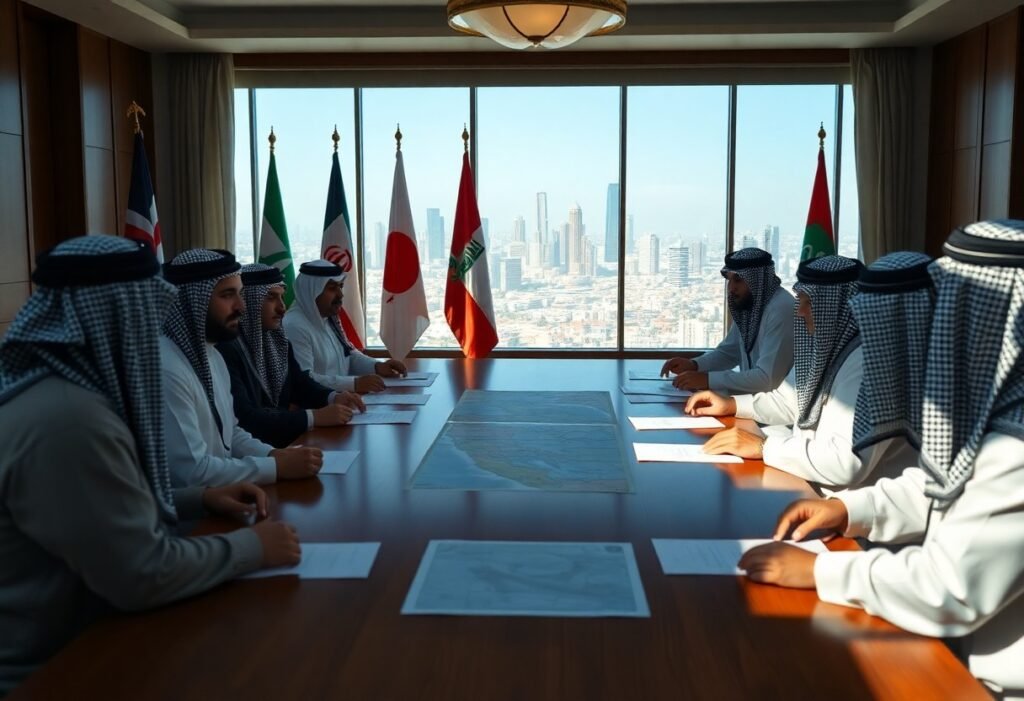Most of the time, you hear about the strife and challenges in the Middle East, but recently, a significant gathering of Muslim leaders has focused on a more positive agenda: discussing religious freedom in the face of ongoing conflicts. This meeting highlights a critical dimension of the challenges the region faces—how to foster an environment where diverse religious practices and beliefs can coexist peacefully.
You might wonder why such a focus on religious freedom is vital, especially considering the backdrop of regional tensions. The reality is that many conflicts stem from a lack of understanding and respect for differing faiths. By bringing leaders together, there’s a real opportunity to shift narratives and promote tolerance—a goal that, if achieved, could potentially lead to stability not just in the Middle East, but on a global scale.
The meeting, which included prominent figures from various nations, enabled you to appreciate how diverse the spectrum of beliefs across the Muslim world is. Sunni and Shia leaders, along with representatives from different schools of thought and cultural backgrounds, engaged in dialogue about the importance of creating spaces for different religious communities. This collaboration is pivotal in addressing misconceptions and building trust among diverse groups.
Your interest might be piqued by the strategies discussed during this gathering. These leaders aim to establish frameworks that promote dialogue and communal efforts. They discussed initiatives for interfaith engagement, educational programs, and even social media campaigns intended to spread messages of tolerance and understanding. Implementing these strategies would not only improve mutual respect but also minimize instances of violence and intolerance.
Just as importantly, you can see that such discussions about religious freedom resonate beyond political boundaries. Involving civil society organizations and local community leaders is vital for these initiatives to take root and address the everyday realities people face. Empowering individuals to advocate for their rights and freedoms is a step toward broader social change and resilience.
Through this meeting, you may also have observed the recognition of how global factors such as geopolitics and international relations can influence regional religious freedoms. The leaders acknowledged the need for a united front against external pressures that often exacerbate internal conflicts. Ensuring an environment for freedom of belief is not only about local policies but also about how nations relate to each other on the global stage.
If peace is your vision for the future of the Middle East, you must pay attention to these discussions. They illuminate the possibilities of reconciliation and understanding in a region often defined by division. Indeed, as leaders break down walls and foster unity within their communities, you can hope for a shift in peace that echoes through generations to come.


